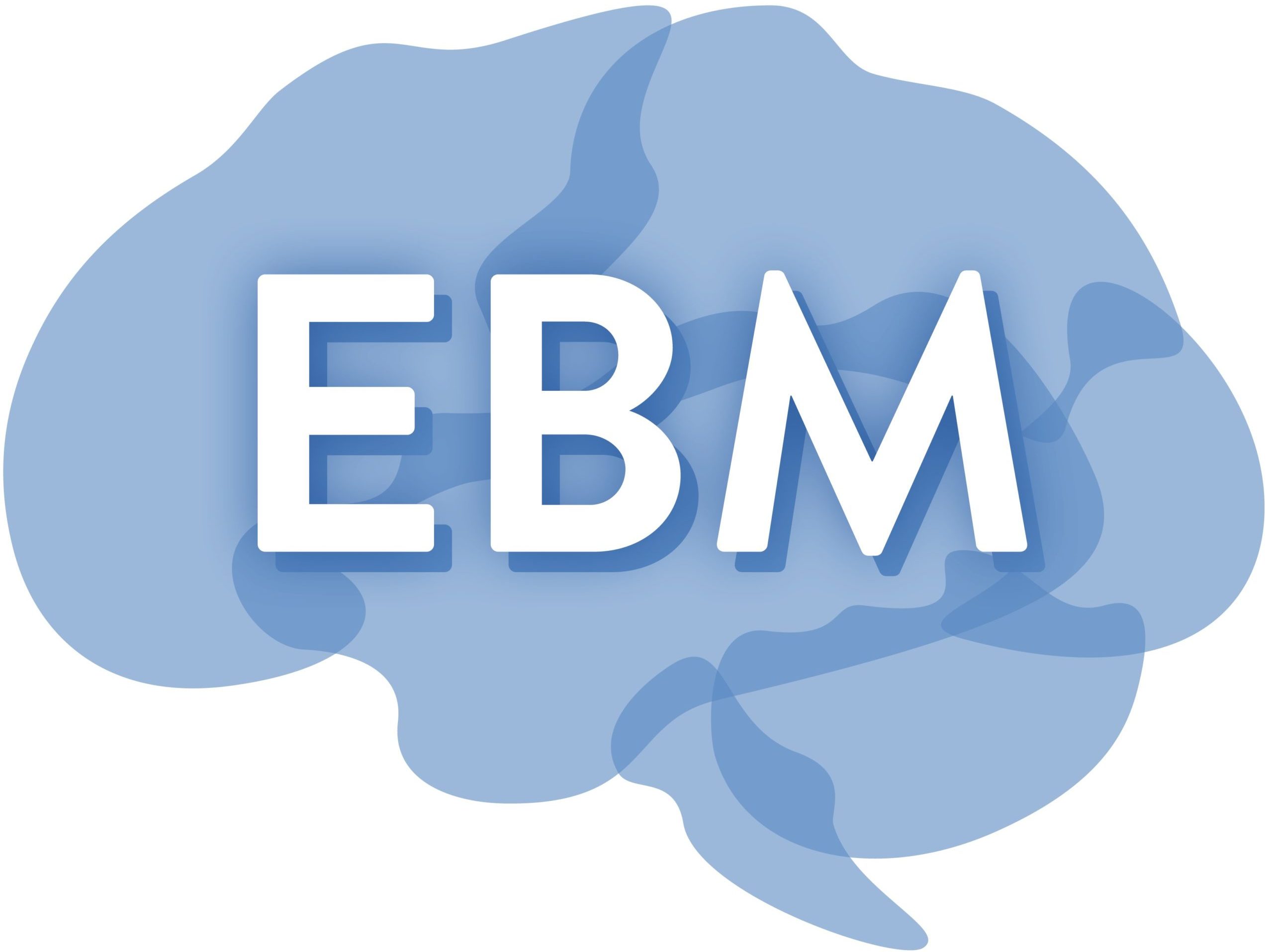EBM’s 2nd Harmonization Workshop: Anatomy of brain stem and spinal cord
An interdisciplinary training workshop has brought together EBM researchers from different disciplines at the Institute of Anatomy to explore the mysteries of the human brain, with a special focus on the intricate anatomy of the spinal cord. Led by Prof. Dr. Stefanie Kürten from the Neuroanatomy Department of the University of Bonn and esteemed experts Dr. Rittika Chunder and Dr. Maik Hintze, this workshop aimed to foster collaboration and enrich understanding of the complexity of the brain and spinal cord. Let’s embark on a journey of discovery and unravel the mysteries of the spinal cord!
The workshop commenced with an engaging talk by Dr. Rittika Chunder. Dr. Chunder provided a comprehensive introduction to the anatomy of the spinal cord, laying the foundation for participants to understand its essential components and functions.
Dr. Maik Hintze led the subsequent sessions. He conducted investigations on fixed spinal cord probes and human spinal cord samples and skillfully explained the complicated anatomy of the spinal cord to the participants. Through hands-on experience, the researchers gained valuable insights into the structure and function of this important neural pathway. Dr. Hintze’s expertise also extended to the anatomy of the brainstem, where he explained the functional background of the spinal nerves, the brainstem, and their intricate connections to the spinal cord. This lecture gave a holistic impression of how these components work together to enable vital bodily functions. In another exciting session led by Dr. Maik Hintze, participants were guided through examinations of brainstem and spinal nerves on fixed human specimens. This hands-on exploration allowed the researchers to deepen their understanding of the concepts discussed and to see the anatomical structures.
Throughout the workshop, Prof. Dr. Stefanie Kürten provided valuable insights that enriched all discussions and investigations. The workshop fostered collaboration between researchers from different disciplines and emphasized the joint efforts needed to improve our understanding of the brain and its complex mechanisms.
Oskar Neumann (doctoral researcher in project B01)










